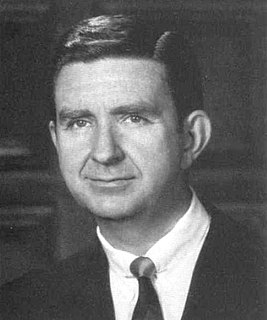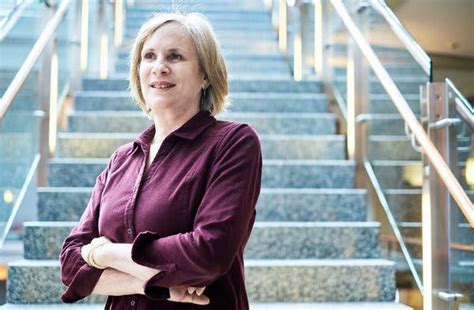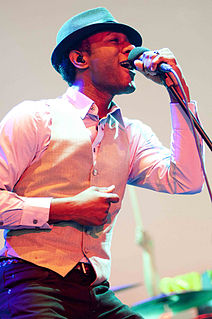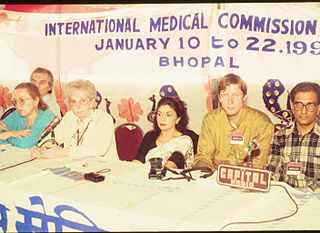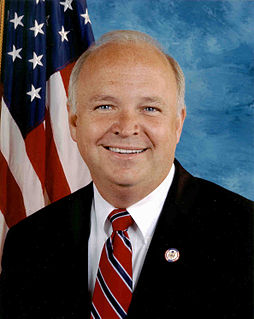A Quote by Alexandra Petri
The desire for attention has become a primal need along the lines of food, water, and clothing.
Related Quotes
Material objectives consume too much of our attention. The struggle for what we need or for more than we need exhausts our time and energy. We pursue pleasure or entertainment, or become very involved in associations or civic matters. Of course, people need recreation, need to be achieving, need to contribute, but if these come at the cost of friendship with Christ, the price is much too high. The substitutions we fashion to take the place of God in our lives truly hold no water. To the measure we thus refuse the "living water," we miss the joy we could have.
The causes for my eating disorder ran along the usual lines: depression, an inability to express my rage, a desire to exert control, a desire to feel less, a desire to have my body express the things my voice could not. That, and I had gotten in the habit of believing it was better to take up less space.
If consumers weren't thinking this way, companies would be a lot less responsive. Right now, consumers don't really have a way to get information about where exactly their clothing is coming from - that's a barrier. We have labels on your eggs, "cage-free hens." They need to get something along those lines to allow the consumer to discriminate.
We live in an era of consumerism and it's all about desire - based consumerism and it has nothing to do with things we actually need. What do you actually need? Food, clothing and shelter. Everything else is entertainment. It's just the idea that we're so wasteful. I think a lot of self - identity and inner - personal development is hampered by consumerism and capitalism because we see ourselves as a reflection of the TV, rather than as a reflection of the people who are around us, truly.
She loved the teachings of the Five Visions. Humility. Sacrifice. Seeing another's problems before your own. Yet she was beginning to think that she-- along with others-- had taken this belief too far, letting her desire to seem humble become a form of pride itself. She now saw that when her faith had become about clothing instead of people, it had taken a wrong turn.
We have soon to have everywhere smoke annihilators, dust absorbers, ozonizers, sterilizers of water, air, food and clothing, and accident preventers on streets, elevated roads and in subways. It will become next to impossible to contract disease germs or get hurt in the city, and country folk will got to town to rest and get well.
Over the past month, Muslims have fasted, taking no food or water during daylight hours, in order to refocus their minds on faith and redirect their hearts to charity. Muslims worldwide have stretched out a hand of mercy to those in need. Charity tables at which the poor can break their fast line the streets of cities and towns. And gifts of food and clothing and money are distributed to ensure that all share in God's abundance. Muslims often invite members of other families to their evening iftar meals, demonstrating a spirit of tolerance.




